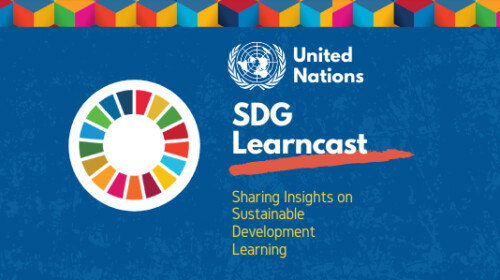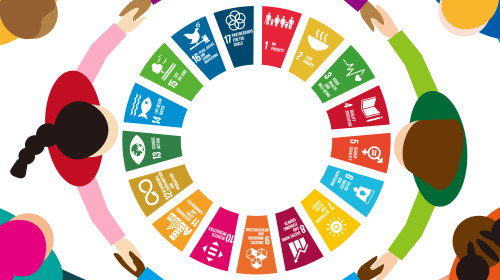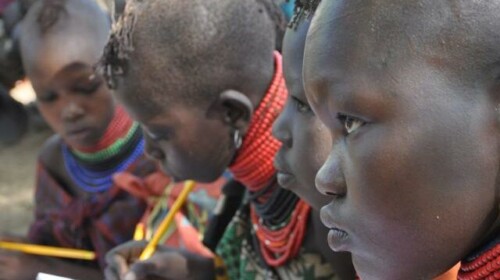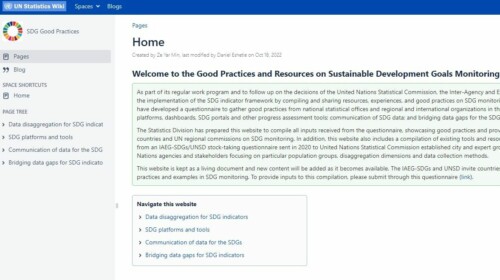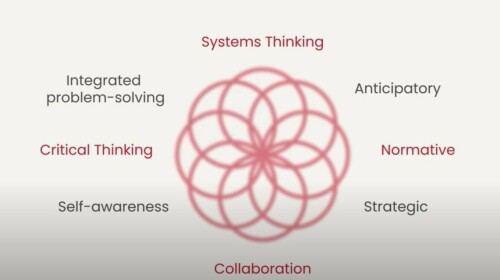The 2030 Agenda for Sustainable Development and its 17 Sustainable Development Goals (SDGs) lay out a set of key development objectives for developed and developing countries alike to end poverty, protect the planet, and ensure prosperity for all.
Among the priorities agreed upon by member states is social protection — cited in the agenda as a primary means to protect all individuals and families against social contingencies and market risks across the life-cycle. Countries are called on to “implement nationally appropriate social protection systems and measures for all, including floors, and by 2030 achieve substantial coverage of the poor and the vulnerable.”
Currently, an estimated 69.4 per cent of the world’s population lives without adequate social protection coverage, including lack of access to a pension, unemployment benefits, health insurance, and income guarantees.
According to the International Labour Organization, the ongoing COVID-19 pandemic has simultaneously, “exposed deep-seated inequalities and significant gaps in social protection coverage, comprehensiveness and adequacy across all countries” and, “provoked an unparalleled social protection policy response”. It is therefore time to accelerate the transformation of social protection systems in light of the pandemic, to ensure human-centred recovery and resilience.
The ambitious objectives of the 2030 Agenda and the newfound drive for building comprehensive social protection systems will require concerted efforts from across the spectrum of UN and national actors, joining up disparate interventions and leveraging new tools to build enhanced social protection programmes and achieve the 2030 target.
Target Audience
Participants will represent various backgrounds and will have different levels of experience with working on social protection. Their work will span civil society, academia, the private sector, mass media, political parties, governments, NGOs, international organizations, donors, social workers, educators, volunteers, and influencers. We are looking for motivated people who do not necessarily have prior knowledge about social protection but who can demonstrate they will use the knowledge gained to benefit others.
Learning Objectives
By the end of this course, participant will be able to:
- Establish the need for universal social protection systems for individuals and societies to advance sustainable development and realize the human right to social security
- Recognize the value of and create a culture around social protection as an investment and lever to achieve sustainable development
- Identify global trends, practical tools, and good practices in extending social protection, especially related to building up individual, household, and national socio-economic and crisis resilience
- Actively advocate for establishing universal, comprehensive, rights-based, and sustainable social protection systems in their context
- Identify the concrete policy steps necessary to design, finance, and implement nationally appropriate social protection systems
- Discern social protection approaches and tools to identify gaps in national social protection systems and contribute to fixing them



